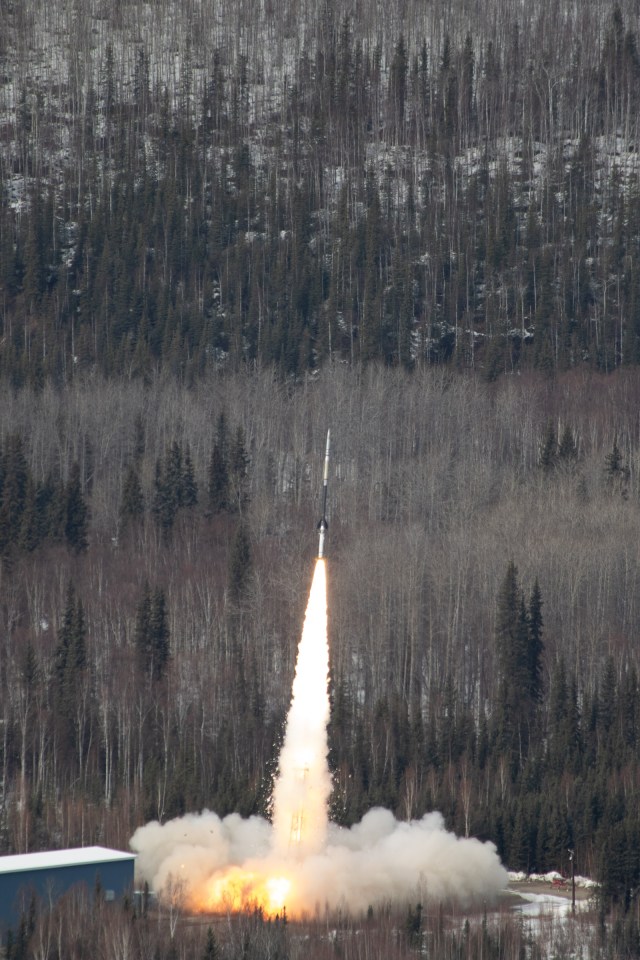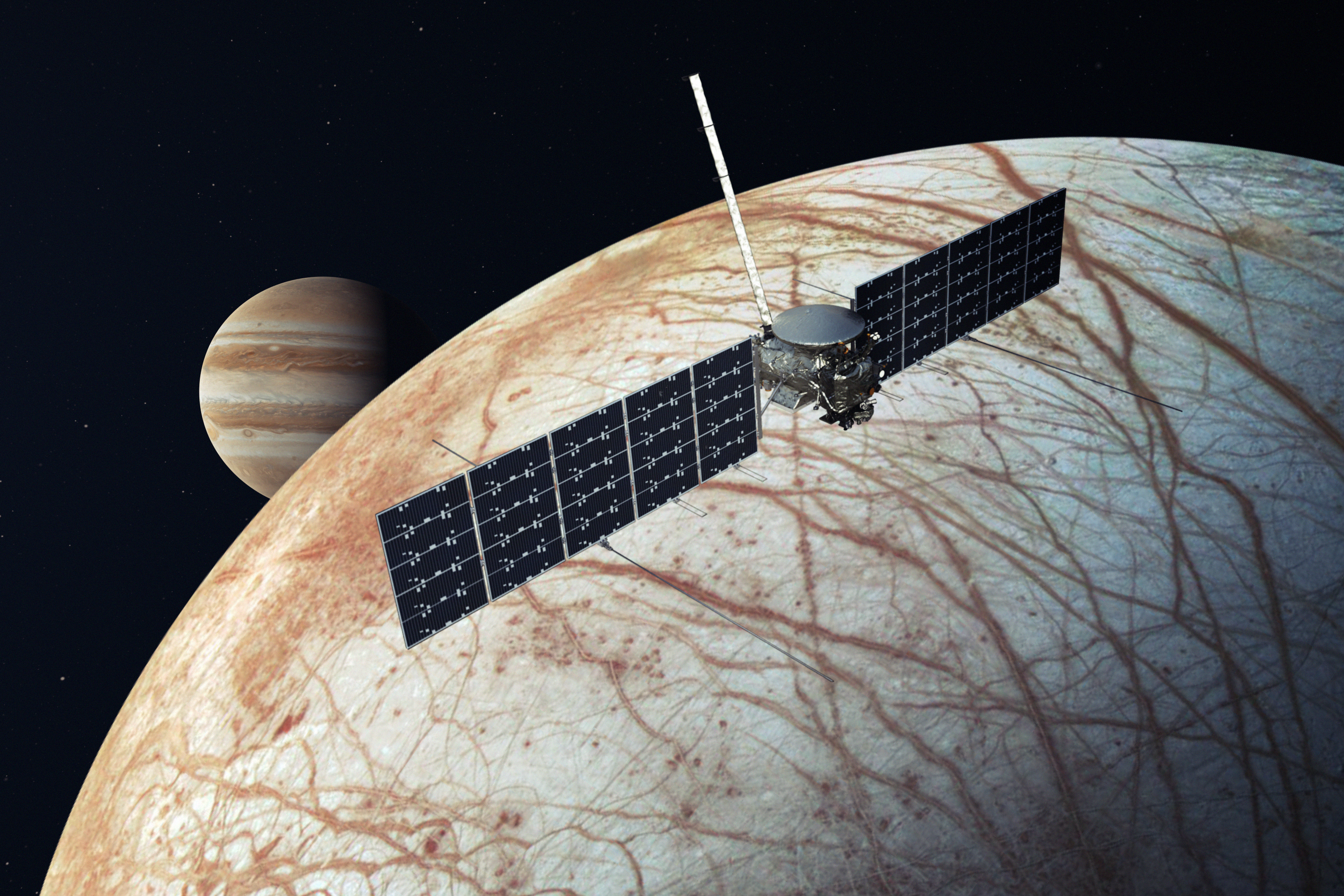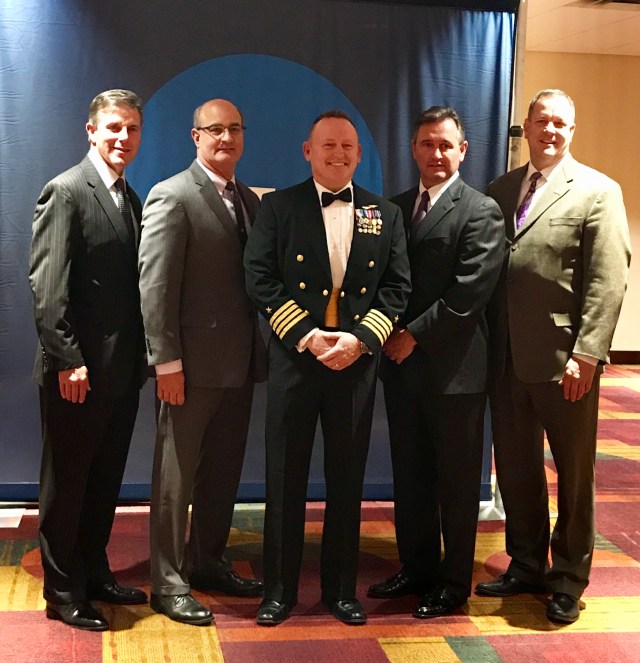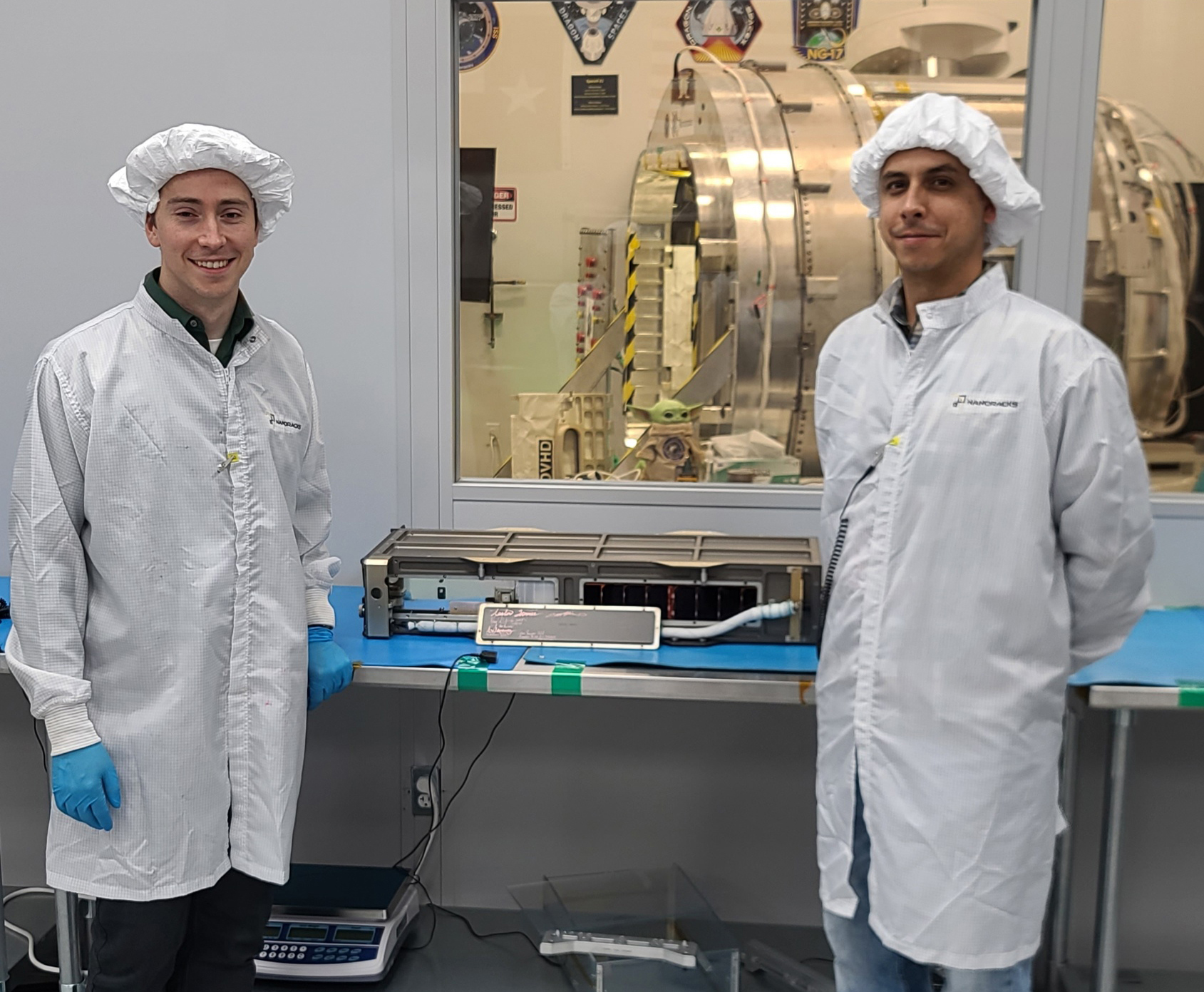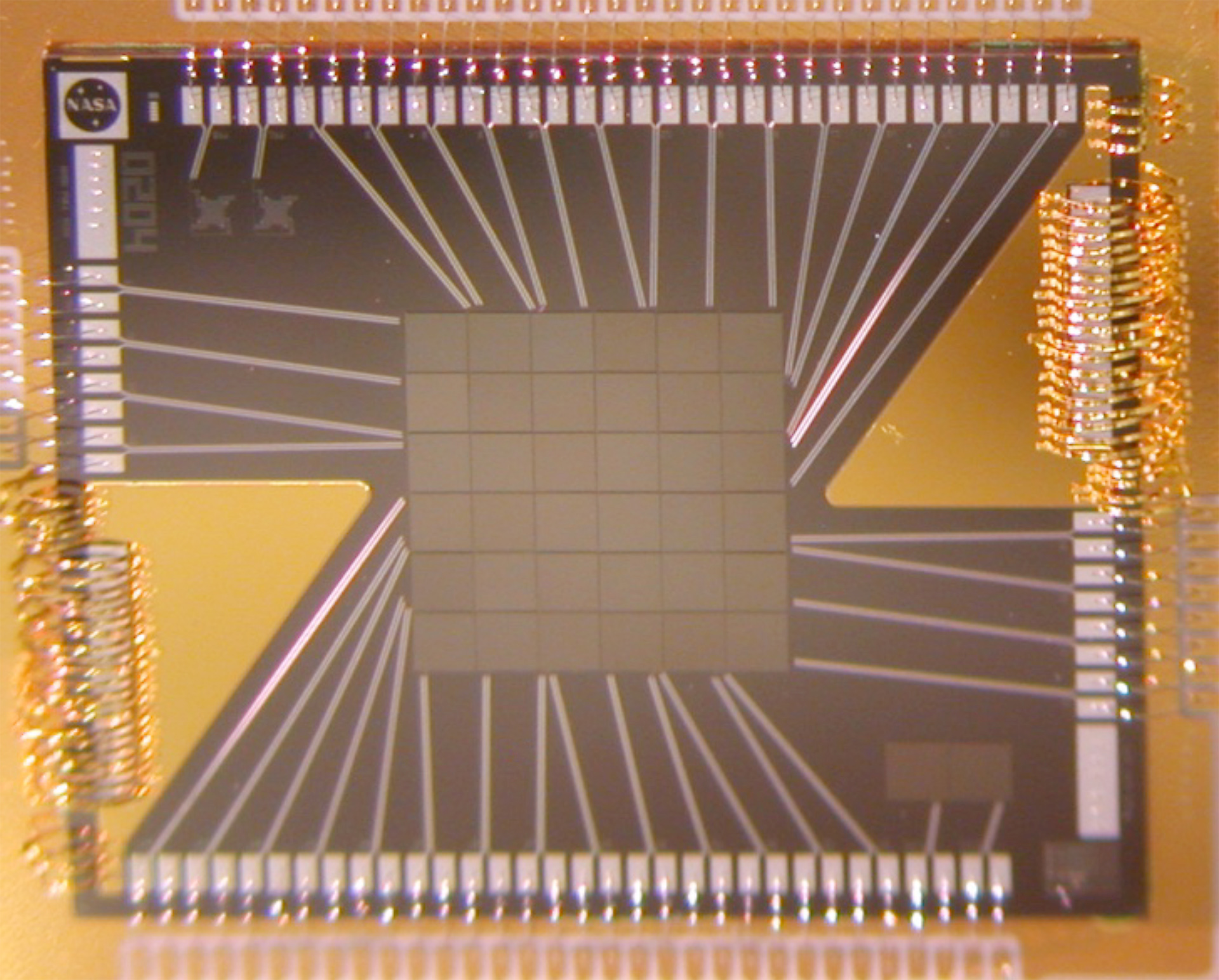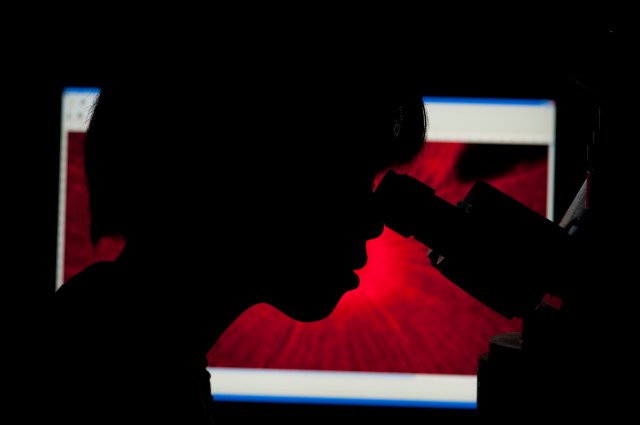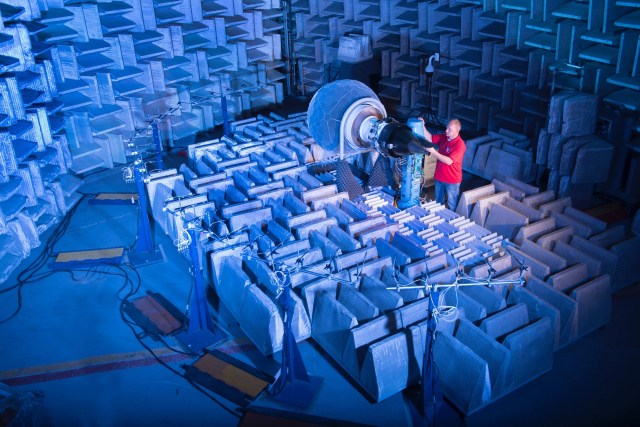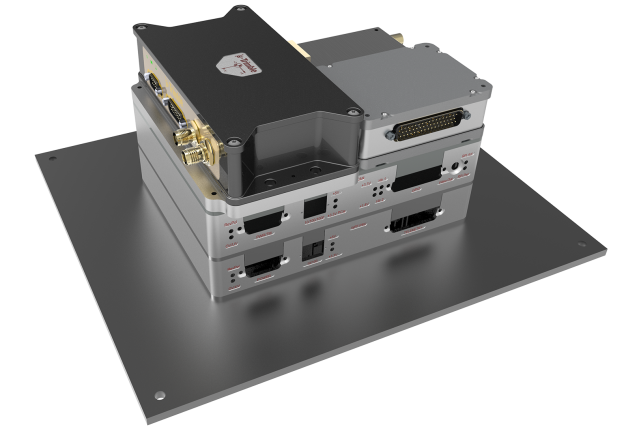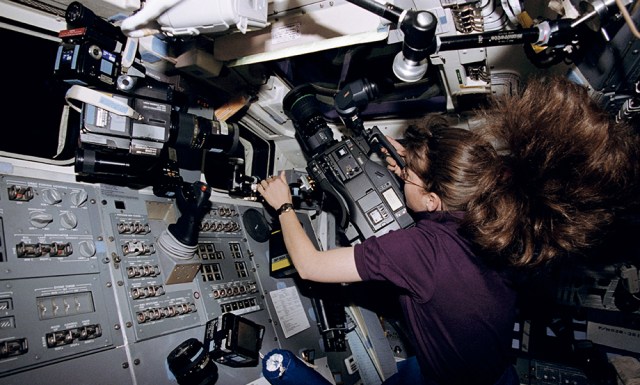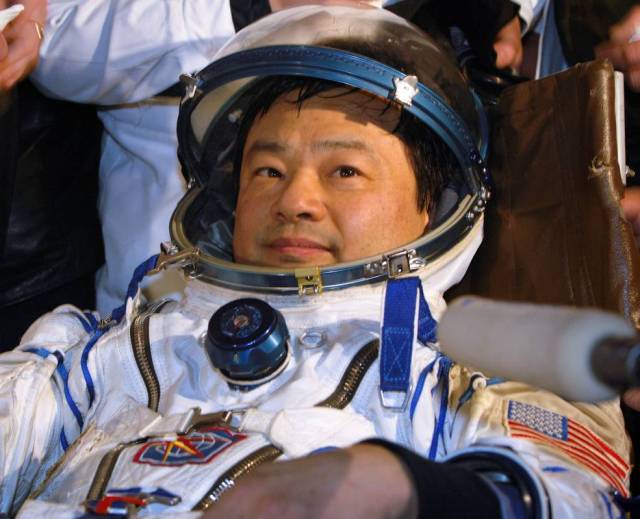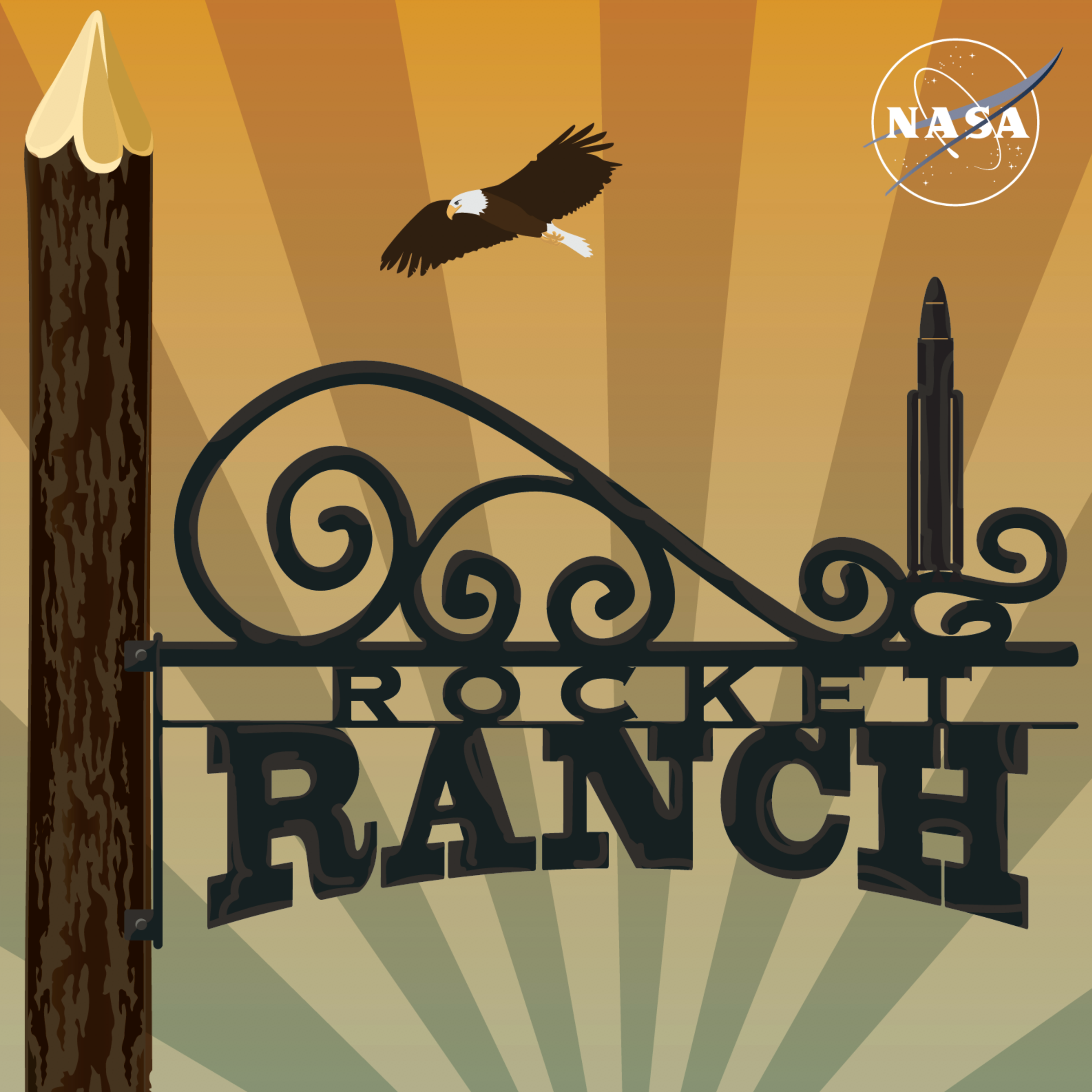
Derrol Nail:
When instrumentation controller JoAnn Morgan was in Firing Room number One for the historic moonshot in 1969, she was the only woman. NASA has come a long way since. Today, the very same firing room is led by a woman, and 30% of the engineers supporting NASA’s Artemis Moon program are women, too. So, what’s it like to be a woman with a career in STEM today? We’ll sit down with three female employees at NASA to find out. I’m Derrol Nail and that’s next on The Rocket Ranch.
Launch Countdown Sequence:
EGS Program Chief Engineer, verify no constraints to launch.
Three, two, one, and lift off.
Welcome to space.
Derrol Nail:
Three women at NASA with careers in STEM, which stands for Science, Technology, Engineering and Mathematics. We’ll talk with a space station engineer about her experience during the early days of the space shuttle program.
Rayelle Thomas:
When I started working with NASA on shuttle, there was many, many times I was the only female in the room.
Derrol Nail:
And we’ll hear from the woman NASA has charged with helping send the first woman to the Moon. About what she’s learned along the way.
Charlie Blackwell-Thompson:
That is something that I have learned over my career. Probably didn’t do it that great in the beginning, because I was a woman who worked with mostly men.
Derrol Nail:
We’ll get advice from a young astrophysicist who is part of the team that sent the Perseverance Rover to the planet Mars.
Moogega Cooper:
I need to make this trail for the person behind me. So, I’m going to keep going.
Derrol Nail:
But, we begin with the woman who will give the go-to-launch, the world’s most powerful rocket, Launch Director, Charlie Blackwell-Thompson.
When you were a young girl, what did you dream about doing when you grew up?
Charlie Blackwell-Thompson:
I’m probably a different case, right? I talk to young students and young people all the time. It’s one of the things that I really enjoy doing. What I hear from a lot of them, is, “I know exactly what I want to do.” I think that’s fantastic. That’s awesome. But, that was not me. I did not know what I wanted to do. I, at one time, thought that what I wanted to do was to own a professional sports team.
I wasn’t quite sure what the path to that was. I didn’t know exactly what I wanted to do. So, I was that kid in high school that wasn’t sure. Didn’t know what I wanted to study. I had a fantastic teacher, so shout out to all the teachers out there who are encouraging our youth, every single day.
I had a fantastic teacher. If you think about the timeframe that this was happening in, it was in a time where there were no women in engineering. My high school physics teacher asked me one day, “Charlie, what are you going to study when you get to college?” I said, “I don’t know.” He said, “Have you ever thought about studying engineering?” And I said, “Well, what would I do with an engineering degree, Doc?” He said, “What couldn’t you do?” At the time, I honestly didn’t find that terribly helpful. It wasn’t like what you could do this, and this, right?
Derrol Nail:
Right, right. You were hoping for a list.
Charlie Blackwell-Thompson:
But, he was absolutely right. What couldn’t you do? It was because of that nudging, kind of in the arm, or, “Hey, think about this.” That I decided to, to pursue engineering when I went off to school. That’s what I did. I never changed my major, stuck with it the whole way through school.
Derrol Nail:
Were there obstacles in your path, as a woman coming up, getting an education in STEM and then a career?
Charlie Blackwell-Thompson:
I don’t know if I would say in school there were specific obstacles, other than there weren’t a lot of women. There was maybe that piece of it, where you questioned, “Is this the right field for me?” But, no specific obstacles. I would say the first really tough obstacle that I felt like I came upon, was when I started having my kids. Now, keep in mind the timeframe, right?
This was before there were the family-friendly policies that are pretty mainstream today. The ability to flex your time, to telework. Those things were unheard of, in the early days. So, to me, that was an obstacle, because I’m a mother of three kids. I love my children, I want to be involved with all of the activities that they have.
And for me, that was the first time that I felt like an obstacle or a challenge. That I had to make a choice or concessions between, maybe, my family and my work. That was kind of tough. I was lucky in that I had a great program manager at the time, because there did come a point where I felt like, “I don’t know how to do the shift work and the weekends and everything, and then do all the things that I need to take care of at home.”
That was really tough. I had a program manager who kind of took a chance on me and let me work, again, unheard of at the time, but let me work part-time.
Derrol Nail:
Part-time?
Charlie Blackwell-Thompson:
Part-time. And I’d look at that today and I think how pivotal that was for me, because, he allowed me. I didn’t have to make a choice between my work or my family. It was something that was pretty uncommon at the time. I’m forever indebted to him for thinking about what those options might be and allowing me to do the part-time work.
Derrol Nail:
You got a special consideration there, which is-
Charlie Blackwell-Thompson:
I did. It ended up being something that got opened up even wider, as we went forward, because we proved that it could work, right? It could work in the environment that we were in.
Derrol Nail:
When you compare the environment now, versus what you had then, how would you compare it?
Charlie Blackwell-Thompson:
I think it’s really different. I think the first part is that, when you look around, from when I started, and of course, when I was in the workforce, if you were talking to Joann Morgan, and she’s the only woman in the Firing Room of 450, my experience was really different, probably, from hers. I would say that young women today’s experience is probably different from mine, but I think we have a lot more women in the workplace.
A couple of things that I think are different, that I really applaud is, we do have family-friendly policies. We do have flexibility in our work time. We talk a lot about work-life balance. That’s not just for women, that’s across our workforce, which, back in the eighties, you didn’t really talk about work-life balance a whole lot. I see that as a big change, and in something great.
I also think the mentoring that we have is fantastic. When I came in to the workforce, I came in, I was in the contractor workforce when I started here. When I came in, you were assigned a mentor and I had a great mentor. But, his job was to show me, sort of, “Here’s the training materials that you need to cover or you need to do. Here’s where the restrooms are, the cafeteria.”
It was kind of a workplace orientation, if you will. But, it wasn’t the kind of mentorships, I would say, that we really encourage today. Where you can go seek out someone in your senior management, or maybe in an area that’s completely different from where you work. You can get some very one-on-one personal mentorship. I think that’s different than maybe how it was when I started. I think that’s a great thing, because I am a mentor. And for everything that you give, you get back. I learn something every time I have a mentor session.
I think that’s different. I think that training is different. I think we talk about, when I started work, your training was centered on technical training. It was, “What are your access requirements to get into this facility? What are the technical training?” And those are still really important and we do that today, but we couple that, today, with leadership training. Leadership development training. I think that’s wonderful for both men and women, but I do see those kinds of changes as being very different than maybe where we were 30 years ago.
Are there ways in which we can continue to improve the workplace? Absolutely. I think the way in which you approach that is in listening and understanding. It’s being able to talk about issues that might be out there for women or men or anyone. And it’s working your way through that and addressing it. And I think that you have to have, and I think we do at NASA, have a culture in which we can talk about any kind of issue. And I think you have to be able to do that. I think you have to be able to listen, and take that in. But I believe that there’s always ways in which we can continue to improve, across the board.
Derrol Nail:
It was a little more than 20 years ago when engineer Rayelle Thomas joined thousands of NASA engineers working to help build the International Space Station, where humans have been living and working in space continuously for the past 20 years. At first, it was a challenging time for her.
Rayelle Thomas:
Well, I remember being very, very ill. Unfortunately, at the time, it was a four-story building that we were doing testing in. I kind of related to the movie Hidden Figures, when she had to run across the campus, in order to go to the bathroom, because there were no women’s bathrooms, except on the fourth floor of the test facility that we were in.
On the fourth floor of the test facility, it was, the folks who owned the facility kind of didn’t want the women in the other restrooms. I was really not feeling well and we were trying to get testing done. I had to run up to the fourth floor in order to go and be ill and then come back down and finish the testing that we had to do. There was a lot of trials and tribulations.
Derrol Nail:
So, you have a unique perspective, being a woman during that time, which I take, it was male-dominated at the time?
Rayelle Thomas:
It has changed a lot, in the years that I’ve worked for NASA. When I started working with NASA on shuttle, there was many, many times I was the only female in the room. Even at the start of ISS, there weren’t that many women. But, I think things have changed significantly. As we progressed, even in the time we were building ISS, there became a lot more women.
Things did change. Even in where we were testing in Colorado, the facility did make arrangements to make it a little easier, in the process of the year we were out there to do testing. That they made it a little more available for women to have a bathroom.
Sometimes you have to make the place for yourself. And you have to show that you are capable. And that, this is where your specialty lies. I think everybody has a specialty, a trait, or a part of them that is best. And sometimes it takes a little bit of work to get there to know where it is.
Derrol Nail:
But believe in yourself because I believe you said you may have people who tell you otherwise, so there’s an internal voice that has to keep you going, right?
Rayelle Thomas:
Oh yeah. Oh, I’ve had teachers telling me, in particular, my university told me, basically no woman has ever graduated from the aerospace engineering department. And as long as I’m the head, no woman ever will.
Derrol Nail:
Oh my.
Rayelle Thomas:
Oh yeah, it was hard. I mean after I got over my bout of crying, and thinking I’m never, because he also happened to be my counselor, the person I was supposed to go to for help. After I got over that, had my bout of being very upset about it, my mother actually told me, she goes, “well, what are you going to do about it?” That was what she asked me and I said, “Well, I don’t know.” And she said, “Well are you going to let him tell you that or what are you going to do?” “Well, I’m not going to quit.” And she goes, “Well, that’s all you need to do is just keep your head down and keep going and you will persevere if you don’t let anybody stop you.” And so, she was right. I did.
Derrol Nail:
And you got that degree?
Rayelle Thomas:
And I got that degree, yes I did, with the help of other professors who were in the same department.
Derrol Nail:
Dr. Moogega Cooper is a young astrophysicist at NASA’s Jet Propulsion Laboratory. She helped prepare the Perseverance Rover for its mission to the Red Planet. She says she knew at a very young age, she wanted to pursue a career in STEM.
Moogega Cooper:
I knew I had to be an astrophysicist, is what I felt.
Derrol Nail:
And so you were how old, at this age?
Moogega Cooper:
Oh, man. I was in fifth grade. How old are fifth graders? Oh, man.
Derrol Nail:
Around 12 or so?
Moogega Cooper:
Yeah, around 12. Yeah, 11, 12-ish. Yeah.
Derrol Nail:
How about that?
Moogega Cooper:
Yeah.
Derrol Nail:
To know, from such an early age, what do you attribute that to?
Moogega Cooper:
Yeah, pure, I would say, stubbornness. I think I very much latch on to goals. Goals give me purpose. Even leading up to that day, I was horrible in math and science as a child.
Derrol Nail:
Really?
Moogega Cooper:
Yeah. Those were my weak subjects. But, until I watched Carl Sagan’s The Cosmos and someone explained to me, “You have to be good at math and science to be able to do something like what Carl Sagan has done.” That’s when I actually took an interest in really understanding what the teachers were trying to convey to me.
Derrol Nail:
What about being a young woman of color, coming through the educational system, pursuing a career as an astrophysicist? The challenges. Did you ever feel dissuaded?
Moogega Cooper:
Yeah. I mean, there were definitely comments. I mean, I remember being a kid and I don’t know how much of it was just filtered through my step-parents or what, but hearing, “Oh, I don’t see why she’s that smart. I don’t know why she’s trying to go to college early.” Those kinds of things, it was like, “Oh, whatever. I don’t have to listen to them.”
I mean, especially as a person of color, a woman of color, there are a lot of possible, or not possible, definite obstacles in the way. But, a lot of times, I tried not to focus on that, because unless there’s something that I can do to change the situation, I just kind of think, “Okay.”
For example, if I’m in a situation where I know somebody else that is my colleague, who is a male would not get that same question, I don’t focus on that. I focus on the question and I try to just work my way through an issue professionally. And not focus on the fact that, “Oh, my colleague would not have been asked that same question or they would have been believed much easier with less questioning.” But, I just kind of let that slide and focus on the science.
Derrol Nail:
But those obstacles don’t ever both you?
Moogega Cooper:
Oh, they bother me for sure. But, I have to kind of go in my little echo chamber and just scream it all out there. Then, come back out and just handle it professionally, because it’s a constant battle. There are things that, in my gut, it’s like, “Oh, I’m pretty sure this was done because I’m a person of color. A young woman who is black.” Right? But, I don’t know that for sure.
It’s in my gut, but it’s like, “Okay, I just need to let it go. Just keep moving.” There were a couple of instances where I found out later that it was because I was a woman and there were things that were confirmed later on. But, I can’t dwell on that. I just have to push forward and let the facts decide.
Derrol Nail:
All three women that you’ve just heard from say they have rewarding careers at NASA. So, we asked each one to share advice they would give to other women pursuing a career in STEM.
Rayelle Thomas:
Don’t ever give up. It’s going to be hard. You’re going to think you’re failing. People are maybe even going to tell you that you’re failing. But, if you can get through that part, if you can get through the whole college part, and yes, it’s hard. But, I am not a mathematician by trade, which a lot of people think, being an engineer, you’ve got to be really good at math. No, but I am really good at common sense. Common sense usually wins out.
Derrol Nail:
What would you tell other women, young women of color who are possibly looking at this and saying, “Wow, I too, could be an astrophysicist like Moo.” What advice would you give?
Moogega Cooper:
Well, I would say, first of all, just lean on your support structure. I mean, there are a lot of people who are obviously self-motivated. I consider myself self-motivated, but you still need your people. You still need your tribe to go to, because there will be frustrating scenarios. There will be times where you think the world is against you almost, right? That you just got to talk it out and think, “No, the world’s not against me and even if they are, I need to make this trail for the person behind me. So, I’m going to keep going.”
Charlie Blackwell-Thompson:
The top advice, for me, is always, I have a job and it’s not just this one, but it’s been in the jobs I’ve had before this, I have a job that I love. When you have a job, you love, it doesn’t feel like work, right? It feels like you get to do something, not you have to do something. And so, I would say, look for that thing that you love. That thing that lights a fire within you, because then it doesn’t feel like work. It’s ‘find that that job that you love.’
I would also say it is ‘be who you are.’ Bring yourself to what you do. We are all unique and different and that’s a wonderful thing. We have different backgrounds, different experiences, different genders, ethnicities. I mean, all of those things, right? You want to bring all of that to the table, because that makes us a better team. It gives us a greater perspective.
And so be you, that is something that I have learned over my career. I probably didn’t do it that great in the beginning, because I was a woman who worked with mostly men. There were probably times that, maybe I’m having a challenge with working something and you felt like, “Well, I’m not going to say anything.”
I think, ‘bring who you are. Bring your whole self to what you do.’ I think that is important. I think that the other one is in the preparation. Do good work. There’s no substitute for hard work. And so your preparation, be ready when your number is called.
I would say those are some things that have worked well for me. Then, maybe last, would be don’t fall into the ‘this or that idea’, you know? I’ll go back to, maybe, one of my challenges with raising a family and working. In trying to balance those two is that it doesn’t always have to be one or the other.
Derrol Nail:
And that’s great advice for everyone. I’m Derrol Nail and that’s going to do it for this episode of the Rocket Ranch. A special thanks to Charlie Blackwell-Thompson, Rayelle Thomas and Dr. Moogega Cooper. To learn more about everything going on at the Kennedy Space Center, check out our website at NASA.gov/Kennedy.
And if you’d like to find out what’s happening at our other NASA centers around the country, you can go to NASA.gov/podcasts. A special shout-out to our producer, John Sackman, assistant producer, Natori Thompson, soundman, Lorne Mathre and editor Mike Chambers. And remember, on the Rocket Ranch, you got to keep looking up.


